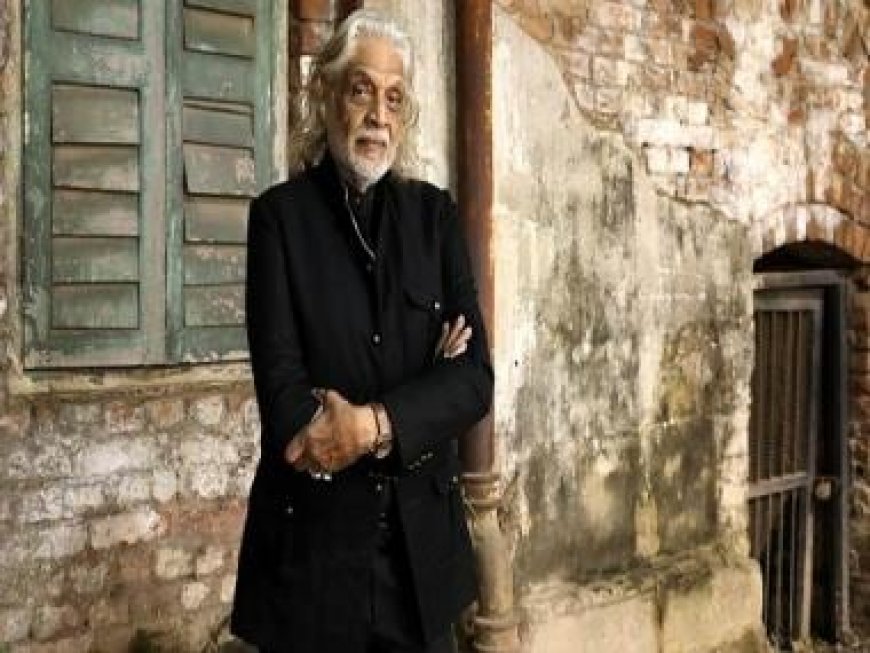Not Just Bollywood | Muzaffar Ali: ‘Cinema is a blend of all art forms; it sensitises you’
Not Just Bollywood | Muzaffar Ali: ‘Cinema is a blend of all art forms; it sensitises you’

Renowned filmmaker, aesthete, cultural activist, and designer Muzaffar Ali led an interesting conversation at the India Rural Colloquy in Delhi’s vibrant Dilli Haat, on ‘How India bridges the gap between urban and rural population through Art and Culture’. Known for being a cultural revivalist, he spoke extensively on cinema, bridging the gap between urban and rural population and more in an exclusive interview with Firstpost.
On bridging the gap between rural and urban he said, “I think, in rural areas especially, people need empowerment and must be strengthened with various crafts and skills. Without these, rural areas will become totally bereft of employment. Today a lot of rural artisans and craftspeople are leaving their crafts, even though their work and their aesthetics are the backbone of our culture.”
Muzaffar Ali believes that it’s only aesthetics that can create balance. He explains, “People need to understand what aesthetics and beauty are, and that can only come through patience, which a rural environment can give you. There are many artisans in cities, but the ecosystem for their craft is, I would say, uncomfortable and not very conducive. So I think we need to look at the rural area well; while the market could be the urban and the metropolis, but the production and the design can easily shift to the rural area, and this connection is very important.”
Being a designer too, talking about revival of weaves, he explains, “There is a continuity of culture and aesthetics that comes from rural areas. So I think we need to understand the essence of this continuity. When you think of Khadi, for instance, you are considering its texture, natural dyes, and the tradition of weaving and printing. And now so many crafts are becoming extinct because people are migrating from villages and going to big cities. So I think we need to arrest this migration, and the only way to do it is to help the artisans design their outputs for urban markets.”
It’s time to sensitize and empower the weaver as today’s mills and technology are becoming very urban and synthetic with digital printing, etc. He thinks that somewhere we need to create that little shift in the mind of the wearers to remind them that eco-sensitive and culturally rich practices can be a global phenomenon. “You know, people in the West have to really understand what beauty we can bring to apparel in India. This was my mission when I did my first film, Gaman which was about migration. People leave villages and come to big cities, and what happens here? So I think we need to take aesthetics back to the grassroots, understand the continuity of the tradition, and how we can save that tradition by dovetailing it with modern thought and design.
But is art a way of humanizing people? When there is no art, there is no human being because art is made of poetry, music, and even cinema. For Muzaffar Ali, “Cinema is a blend of all art forms, you know, and that cinema sensitizes you. So I think the evolution of art is very important and that has to happen from the grassroots level, for the grassroots level.”
Cinema is changing for sure. It’s time to understand the vocabulary of cinema, the relevance of cinema, and the global vision of cinema; we cannot just use cinema for pure entertainment. To this he adds, “We need to preserve the values that our society is made up of, and that can happen by seriously understanding cinema, stories, people’s predicaments, the process of cinema design, cinematography, editing, and audiography. All these things are very important to comprehend as far as cinema is concerned. Cinema is meant to be a very passionate and evolved platform.”
What's Your Reaction?


























































